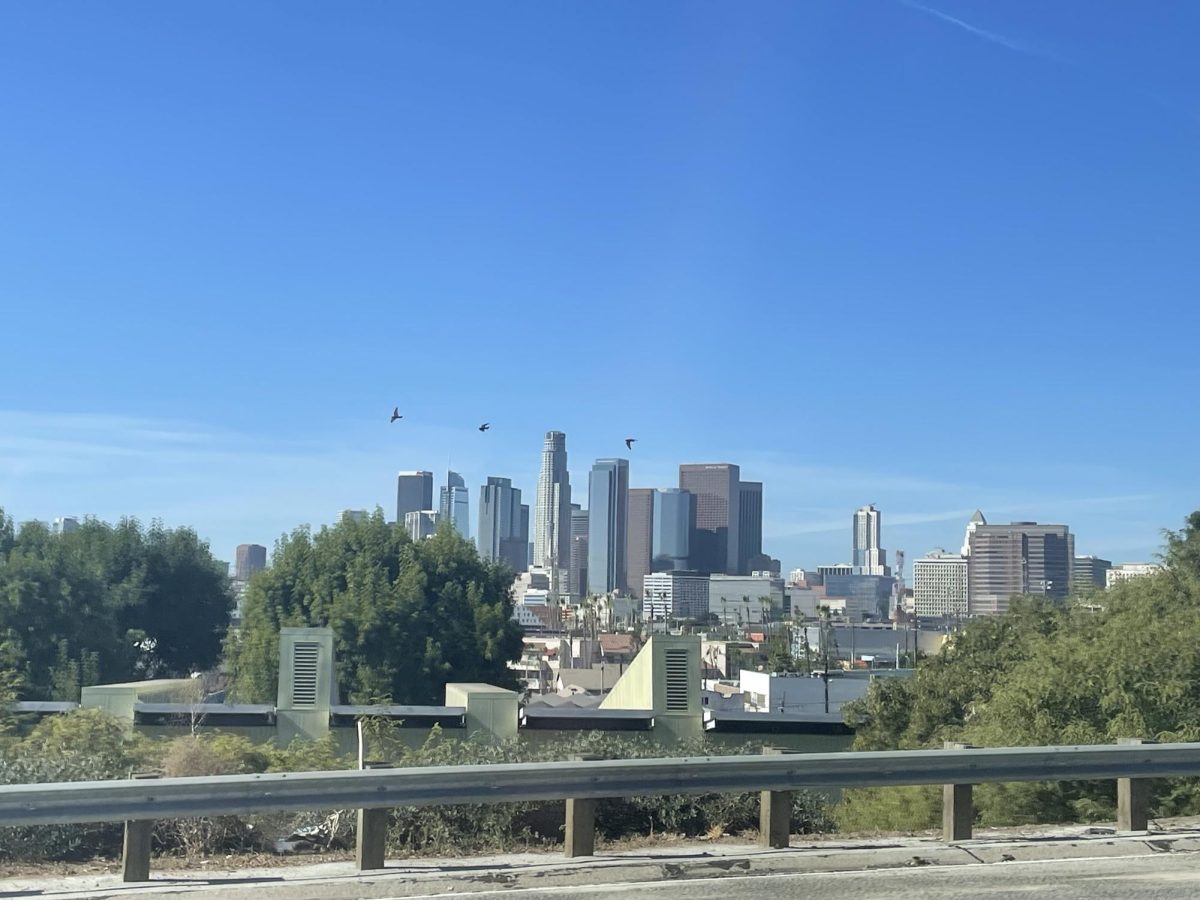Wildfires have engulfed Los Angeles since Jan. 7, raising concerns on Vanderbilt’s campus for those with ties to the city. Students expressed worry for their family and friends back home and called attention to the alleged unjust practices used in combating the fires.
The Palisades and Eaton fires are among the most destructive in California’s history. In total, the fires have killed at least 25 individuals, displaced tens of thousands and levelled over 12,000 homes and businesses. First-year Brady Galperson said the fires’ location surprised him, and though they have not directly impacted him, he has several friends who have lost their homes.
“The house of my best friend from back home burned down in an area that I could’ve never imagined a house would burn down,” Galperson said. “Usually when we hear about these fires, it’s a lot more north, more in the valley. These are happening in the Palisades, an area that gets a lot of moisture from the ocean — one of the nicest areas in LA. It’s completely devastating.”
Galperson also spoke to the difficulty of processing the extent of the destruction, calling the scenes from back home “post-apocalyptic.”
“Another one of my really great friend’s grandparents’ house was in Altadena, where the Eaton fire is. I was quite literally at that house on Jan. 1,” Galperson said. “It’s crazy to think that I’ll never be able to see [it] again for the foreseeable future. It will never really be the same.”
Junior Danny Lee also spoke to his memories of growing up in Los Angeles and the personal significance of the ongoing tragedy.
“[The Pacific Palisades were] a place where my close friends and I spent much of our childhood, creating countless memories that shaped who we are today. It was a place where I could just admire and enjoy the beauty of the area, inspiring me to hopefully live there one day,” Lee said. “Seeing the recent fires destroy so many of those cherished places [has] left me stunned.”
Lee added that, while his family lives outside the evacuation zone, several of his friends have had to leave their homes.
“We’re all feeling the weight of what’s happened and are heartbroken for all those affected,” Lee said. “The fires are leaving a grim shadow over LA and reminding me once again to appreciate the moments and memories we create in the places we love.”
Student Affairs contacted all students from California on Jan. 8 to offer resources for counseling, grief processing and financial support.
“We recognize that this evolving situation may be causing stress for those affected, and we want to offer our support during this time,” the email reads.
Galperson acknowledged this outreach and said he doesn’t believe the university can do much more to support affected students. Instead, he expressed his frustration at the combination of events he believes has contributed to the severity of these wildfires.
“Spending for the fire department was cut just a few months ago by [nearly] $20 million. It feels like a perfect storm of all the worst things that could’ve happened: the Santa Ana winds, lack of funding [and] lack of proper management of these areas,” Galperson said. “It’s very unfortunate this happened because it feels like something that could’ve been prevented or stopped much earlier.”
Junior Kelsey Barnes, president of the Vanderbilt Prison Project, echoed ongoing criticism of California’s voluntary prisoner firefighter program, which has deployed nearly 1,000 incarcerated individuals to fight the wildfires. These firefighters work in 24-hour shifts and earn between $5.80 and $10.24 a day, though this pay typically increases to just under $27 during disasters.
“Every day, as we wake from our campus dorms, we have counterparts waking from cells to work for less than the minimum wage to be exploited, and this system was always designed to exploit them,” Barnes said. “We can see great progress in the criminal justice system due to a program like this even existing, but the backbone of exploitation still lies underneath with incarcerated firefighters doing lifesaving work on a wage they themselves cannot live on.”
The University of California-Los Angeles, located adjacent to the Palisades fire evacuation zone, moved classes online the week of Jan 13. Several students opted to leave campus amid poor air quality, though the campus itself was not evacuated.




